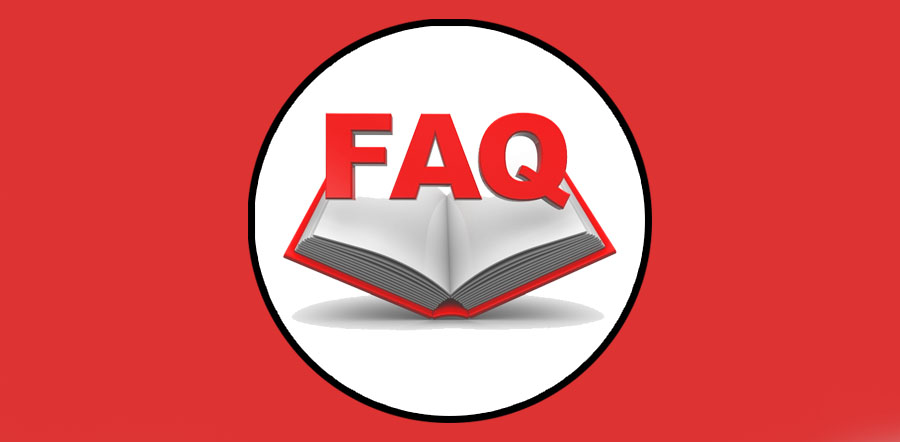CFA-Level-I
Guaranteed Success in CFA-Level-I Exam
| CFA-Level-I Exam Dumps PDF + Practice Test | |||
| Exam: | CFA-Level-I | ||
| Exam Name: | CFA Institute CFA Level I Chartered Financial Analyst Exam | ||
| Certification(s): | CFA Level I | ||
| Questions: | 3963 Questions Answers | ||
| Last Updated: | May 26,2025 | ||
| Price: | Was: $85 Today: $59 | ||
Check Free Demo Before Buy
$ 99.00 Original price was: $99.00. $ 49.00 Current price is: $49.00.
Are you looking for real CFA-Level-I exam questions ? You’re in the right place!
Pass your CFA Institute CFA-Level-I exam with the latest QuizDumps PDF Questions & Answers.
QuizDumps offers authentic, updated, and expert-verified CFA-Level-I braindumps.
Want top scores? Start your prep now with QuizDumps study material.
1: Download Q&A PDF
Buy & Download 100% real, updated and verified exam questions and answers tested and prepared by CFA Institute experts to pass CFA-Level-I exam.
2: Prepare
Prepare for CFA-Level-I with 100% confidence using QuizDumps's CFA-Level-I exam dumps PDF or CFA-Level-I practice exam.
3: Pass Your Exam
QuizDumps's CFA-Level-I exam kit prepares you to confidently ace all CFA-Level-I questions and pass on your first attempt with top scores.
Comments
Main points of CFA Institute CFA-Level-I Test
The CFA Level I exam covers a broad range of topics in 10 sections. It's crucial to understand that the exam tests application of concepts, not just rote memorization. The main points across the sections are:
1. Ethical and Professional Standards: This is arguably the most important section. It covers the CFA Institute Code of Ethics and Standards of Professional Conduct. Expect detailed scenario-based questions testing your ability to identify and resolve ethical dilemmas. Understanding the rules, their application, and the disciplinary process is paramount.
2. Quantitative Methods: Covers statistical concepts crucial for investment analysis. Topics include descriptive statistics, probability distributions, hypothesis testing, and regression analysis. Focus is on understanding the application of these methods in finance.
3. Economics: Macroeconomics and microeconomics are both tested. Understand key economic indicators, market structures, economic growth, and government policies and their impact on financial markets.
4. Financial Reporting and Analysis: A core section focusing on accounting principles and financial statement analysis. You'll need to be proficient in interpreting financial statements (balance sheets, income statements, cash flow statements), analyzing ratios, and understanding accounting standards (US GAAP and IFRS).
5. Corporate Finance: Covers capital budgeting, cost of capital, capital structure, and dividend policy. Understanding how companies make investment decisions and manage their financing is key.
6. Equity Investments: This section focuses on equity valuation models (Discounted Cash Flow, relative valuation), industry and company analysis. Understanding different equity investment strategies is vital.
7. Fixed Income: Covers fixed-income securities, valuation, and risk management. Understanding bond pricing, yield curves, and interest rate risk are essential.
8. Derivatives: Explores options, futures, swaps, and other derivative instruments. Understanding how derivatives work, their uses (hedging, speculation), and their valuation is necessary.
9. Alternative Investments: Covers hedge funds, private equity, real estate, and commodities. Understanding the characteristics, risks, and return profiles of these asset classes is important.
10. Portfolio Management and Wealth Planning: Covers portfolio construction, risk management, and asset allocation strategies. This section integrates knowledge from other sections to build optimal investment portfolios considering client needs and risk tolerance.
In summary: The CFA Level I exam is a comprehensive test of foundational knowledge in finance. While knowing the formulas is important, the emphasis is on applying these concepts to real-world scenarios and solving problems. Strong understanding of the ethical standards is crucial for passing and maintaining the CFA charter. Remember to focus on understanding the underlying concepts and their practical applications rather than just memorizing facts.
| Exam Code | Certifications | Questions | Comments | Reviews |
|---|---|---|---|---|
| ESG-Investing Dumps | ESG | 468 Questions | 3 | 0 |
| CFA-Level-I Dumps | CFA Level I | 3963 Questions | 0 | 0 |
Why PDF Format?
Our PDF format offers seamless portability across multiple devices, allowing you to study anytime, anywhere. For a more immersive preparation, our Practice Test software replicates the real exam environment. With various testing modes and advanced self-assessment features, our practice exams stand out as the best in the industry.
Is This User Friendly & Easily Accessible on Mobile Devices?
We are committed to delivering precise CFA Level I Chartered Financial Analyst Exam questions and answers, accompanied by detailed explanations. At QuizDumps, we value your time and investment, ensuring that every question and answer is thoroughly verified by CFA Institute experts. Our team consists of highly qualified professionals with years of hands-on experience in the field, guaranteeing reliable and up-to-date exam preparation.
Are All Materials Verified by Experts?
QuizDumps is a trusted name in certification exam preparation, offering [Authentic, Updated, and Real] CFA-Level-I Dumps, carefully crafted and verified by IT professionals. If you want to achieve top scores, kickstart your preparation today with our comprehensive CFA-Level-I dumps PDF.
What is Our Commitment !
At QuizDumps, we are committed to helping professionals pass their certification exams in the shortest time possible. Our goal is to provide top-quality study materials and exceptional customer support. We continuously enhance our CFA Institute CFA-Level-I exam preparation resources by updating question banks, adding new features, and promptly addressing any reported issues.

